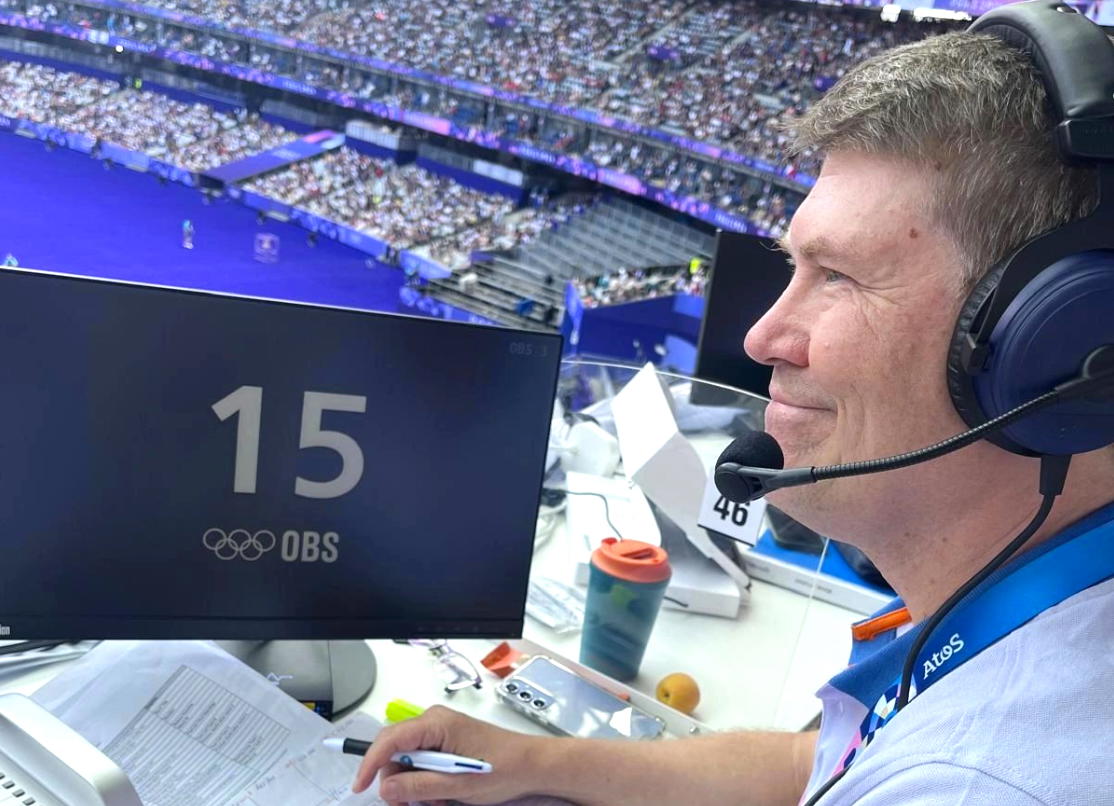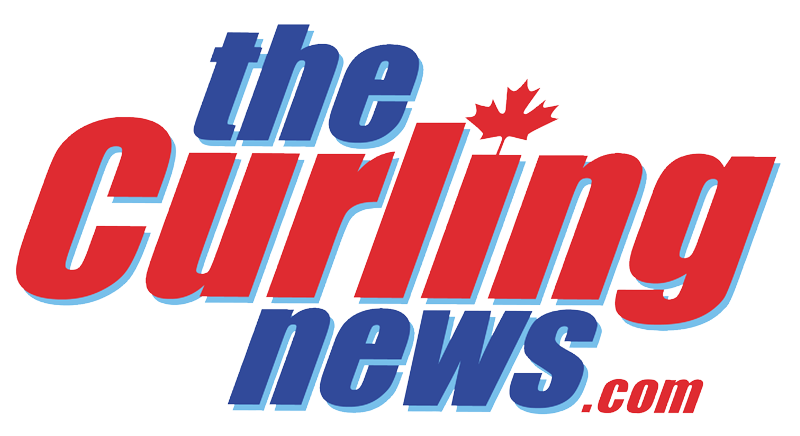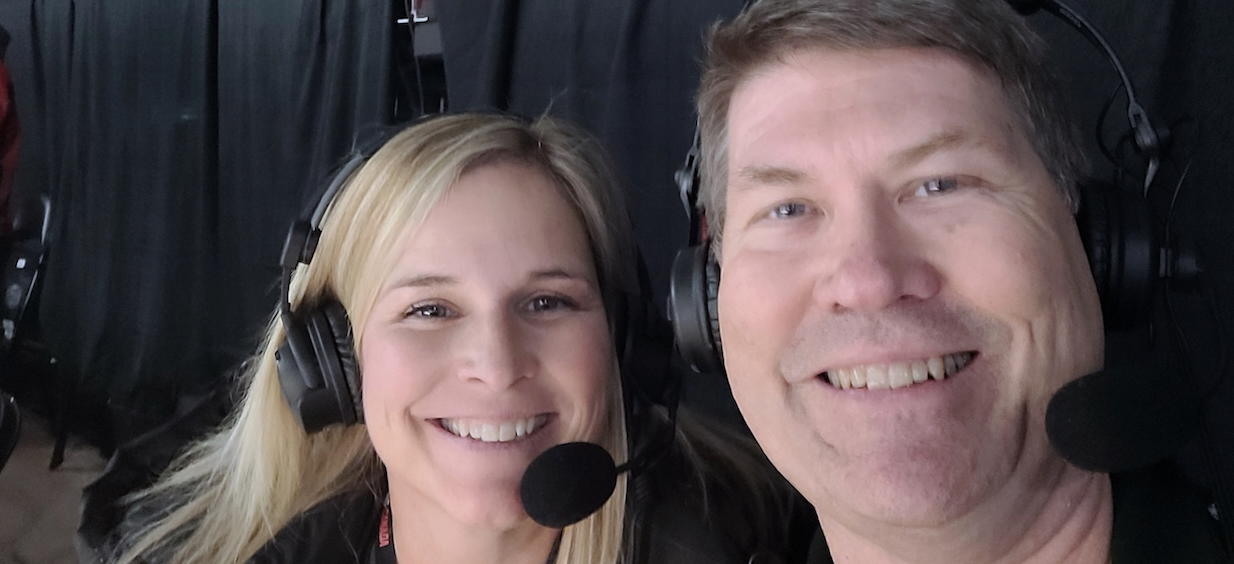
It’s all about the sport and the show – not us
In my previous column I revealed some “behind the scenes” strategies from 10 years of television commentary experience – most of those in curling, but also from two Summer Olympic Games.
One question I get asked a lot is “Where do you do the commentary from?” In broadcast lingo, you are either “at venue” or “off tube.” The former means you are doing the commentary from the actual playing venue. Most commentators prefer to be at venue, not only because you get a great viewing location, but also because you can see what the athletes are seeing, relay the vibe of the crowd, and actually talk to the athletes, coaches and ice techs.
“Off tube” means you are calling the game from a (likely) domestic studio, off a television monitor. The sound conditions are often better off-tube, and calling a game off-tube also means you don’t have the temptation to talk about something going on at the venue that a viewer can’t see on their screen.
I’m happy to say that I’ve been told that we’ll be calling the Milano-Cortina Olympic curling competition at-venue, in Cortina d’Ampezzo.
I also get asked about my own behind-the-scenes moments. One crazy memory concerned the Summer games in Tokyo. I was working a “standby” – providing general cover in case there was some kind of emergency and they need someone to take over a microphone.
Usually, nothing like that happens on a standby shift.
However, in Tokyo, I was on a standby when the main producer rushed in and asked me “Can you do badminton?” You quickly learn that the correct answer in this situation is always “Yes.”' The next thing I knew, I was 10 minutes away from live commentating the Olympic women’s doubles bronze medal match!

Thanks to some quickly scrambled notes from colleagues, I dove in and did the show. Afterward the producer came over and gave me a fist-bump. That for me felt like the moment where I actually became fully part of the crew.”
Other questions I receive concern major moments I’ve been fortunate to witness – and commentate on.
In 2018, Sander Rølväg and I were calling the men’s gold medal game in PyeongChang. The curling world knew that some U.S. curling success at the Olympic Games would be profound for the sport.
It was a tight and exciting game between John Shuster and Sweden’s Niklas Edin. As the eighth end was building up, you could just feel that something decisive could be brewing. When John headed for the hack to throw his last stone he had a makeable double to score a pile. It was one of those rare moments where you knew “this is it” before it happens.
John made the double, the United States won the gold, and we were ringside to convey a huge moment. We knew this was immediately historic
Finally, as a former player who wore mics at world curling championships and Olympic Games as an athlete, the other secret weapon I have as a curling commentator are the words of the players themselves. I often say the sound of curling is the first thing that grabs people’s attention. I also say that curling remains the only sport where you can hear what the athletes are saying during actual game play.
This is an enormous plus for curling. I try my very best as a commentator to shut up and listen when I can hear players talking – even if they are not speaking in a language I can understand.
I consider curling athletes as part of the commentary team. They’ll almost always say something I can respond to or clarify for the viewer. Instead of trying to explain the strategic options myself, I’ll listen to a player discussion, then try to quickly summarize the discussion once they’ve decided on a shot choice.
What other things are important considerations to be a good commentator?
• Show up early. Being ‘on time’ is actually late. Everyone is wondering where the commentators are.
• Remember that it’s about the sport and the show, it’s not about you. In the words of a great producer we work for, “We don’t pay you by the word.” I’ve learned to be unafraid of some silence. I know that I’m not there to do a comedy routine. Serve the sport, showcase the athletes, respect and inform the viewers. Convey the excitement of the event.
• Don’t complain. See the point above; it’s not about you. You’re a small cog in a huge wheel – there’s a lot to manage. Even though the working days are really long and you’re perpetually not getting enough sleep, remember that you’re fortunate to be there.
Most of the people I consider great commentators are really good on all of these points.
There is a lot going on when you’re doing a curling commentary for the entire planet! It is a huge privilege to do it, and I can’t wait to see who will shine in Cortina.

